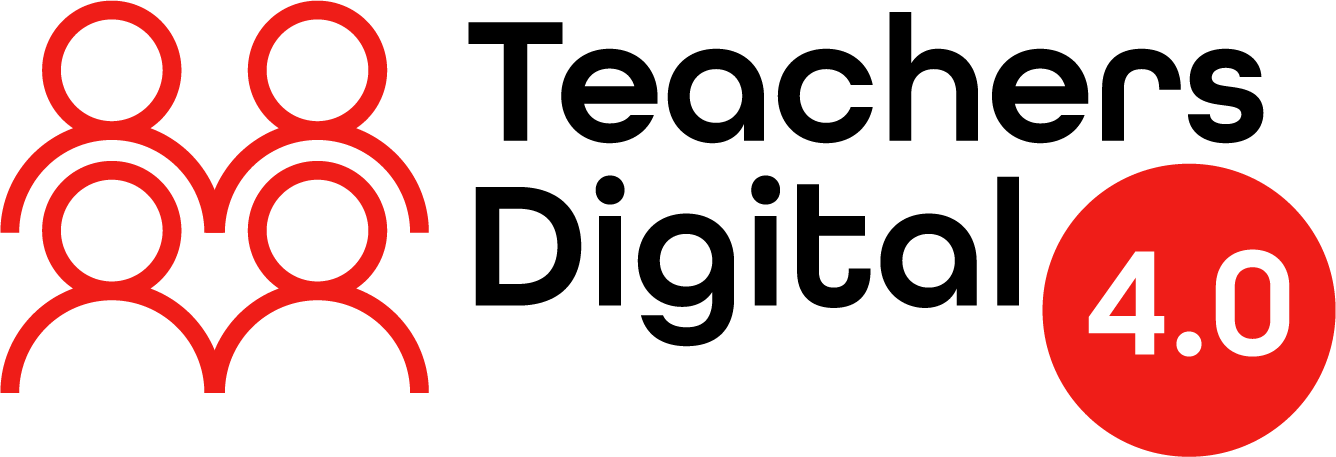
Generated image by Adobe Express
Today’s first-grade students are expected to enter the labor market in approximately 10 to 15 years. Some researchers indicate that the advancement of artificial intelligence (AI) by that time is likely to render numerous professions obsolete, making them a thing of the past. Consequently, educational systems must adapt to this paradigm shift by prioritising the development of competencies that align with the demands of the 21st century. Specifically, schools must integrate competencies in critical thinking, creativity, digital media literacy, and emotional intelligence into the core curriculum.
Despite the growing recognition of these needs, some schools in Bulgaria continue to rely on traditional pedagogical approaches, which often emphasise rote memorisation and repetition rather than fostering essential skills such as teamwork, problem-solving, and the ability to view diversity as an opportunity rather than a challenge.
Although somewhat delayed, the present time is opportune for such innovations. In recent years, several initiatives have been successfully implemented within the country to advance the modernisation of education. These include the successfully fulfilled European projects like the “European Safe Online Initiative” and the “European Media Coach Initiative,” which promote sustainable development in media pedagogy and media literacy. Some other national initiatives like the educational program “Design Champions” aim to transform students from passive recipients of knowledge to active participants in their learning processes. These projects and initiatives are designed to foster a paradigm shift among educators, equipping them to address future challenges in the educational system. By providing educators with the essential tools and knowledge in media literacy, they will be better equipped to help students effectively use digital tools and cyberspace for their personal development and growth.
In this context, the Teachers 4.0 Digital project that aims to promote digital media literacy at European schools emerges as a significant initiative aimed at reshaping the educational landscape. Our project aims to equip both current and future educators with the necessary tools to navigate and contribute to educational transformation. As one of the partners, Sofia University “St. Kliment Ohridski” is piloting a training program for students across various pedagogical disciplines, intending to modernise Bulgarian education to meet the needs of contemporary learners.
Further supporting these efforts, the recent development of the “Guidelines for Recommended Screen Time for the Use of Digital and Media Content by Adolescents” created by a diverse group of specialists – including psychologists, educators, media experts, and IT professionals – under the auspices of the Bulgarian Council for Electronic Media (CEM), marks a pivotal step forward. These guidelines provide much-needed direction for parents and educators in managing the challenges posed by digital platforms and screens.
Collectively, these initiatives and projects signal a significant shift in Bulgaria’s educational system, moving from conceptual frameworks to actionable reform strategies – an essential step for ensuring the success and sustainability of educational advancements.






